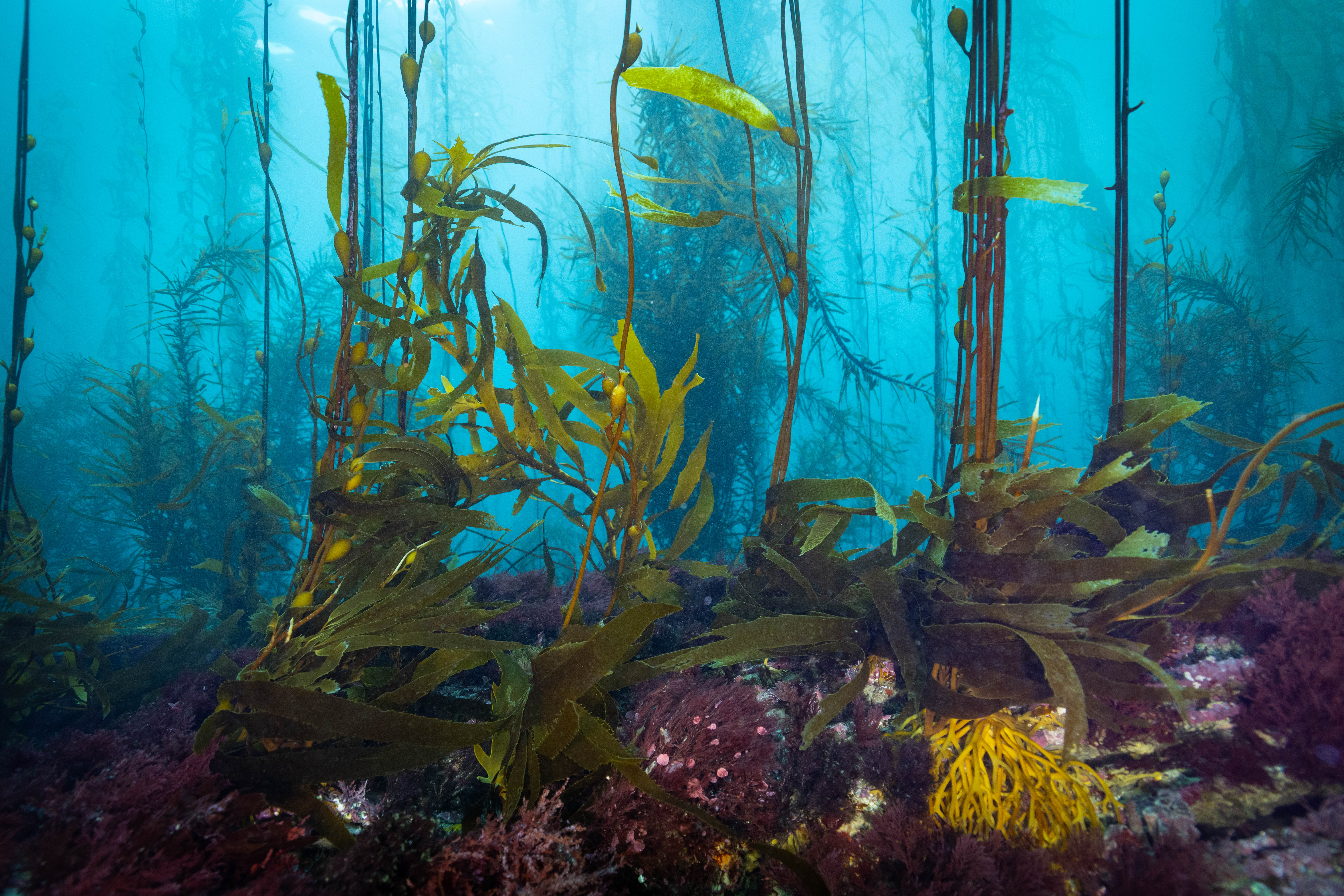News release
From:
Background: The Great Southern Reef, spanning over 8,000km of Australia's southern coastline, is on the brink of a severe marine heatwave. This natural wonder, home to thousands of unique species and a hotspot of marine biodiversity, is under threat.
Recognising the urgency, a coalition of Australia's leading marine scientists wrote to The Hon. Tanya Plibersek, MP, Minister for the Environment and Water, and The Hon. Chris Bowen, MP, Minister for Climate Change and Energy. Dated 20 October 2023, this letter called for immediate action and funding to support a national monitoring program for the Reef.
Despite the gravity of the situation and the looming marine heatwave, there has been no response from either minister. This silence is alarming, especially given the immediate nature of the marine heatwave and its potential catastrophic impact on both the environment and the economy. With the summer’s marine heatwave already upon us, the government's inaction is a matter of national concern. This story needs urgent attention. It's a narrative of a looming ecological disaster met with governmental silence.
The GSRF can also supply a collection of high quality imagery and footage relevant to this story as well as link journalists with leading voices in marine science in key regions, likely to be impacted by the marine heatwave.
Key Points
The Bureau of Meteorology's forecast of a marine heatwave, with temperatures in parts of the Tasman Sea expected to be at least 2.5°C above average, represents an extreme environmental event with potentially devastating consequences.
The Great Southern Reef is more economically valuable than the Great Barrier Reef, yet it receives less than 1% of the funding.
Requested funding is critical for understanding the specific impacts of climate change on the Reef and for identifying potential areas where intervention can be most effective.
The potential loss to the Australian economy, should the Reef's habitat decline by 20%, is estimated at $30 billion over the next two decades.
Australia's absence of a dedicated national monitoring program for southern temperate reef ecosystems like the GSR is a major concern. The current fragmented approach lacks coordination and fails to effectively safeguard these critical habitats.
The GSR spans 63 federal electorates, impacting a broad demographic. The neglect of such a significant area, both in terms of environmental and economic value, is a matter of national importance.
The lack of response from the government, especially after a set deadline, raises questions about the prioritisation of environmental issues and the effectiveness of current policies in addressing urgent climate challenges.
Spokespeople available for comment
- Professor Adriana Verges, University of New South Wales leads a research group that focuses on the ecological impacts of climate change and the conservation of kelp forests and seagrass meadows, which are increasingly under threat.
- Professor Gretta Pecl, Director for the Centre for Marine Socioecology at the University of Tasmania, lead author of the Australian ocean section of the latest IPCC report. Pecl’s research focuses on species and ecosystem responses to climate change, and the development of adaptation options for natural resource management
- Dr Scott Bennett, marine ecologist at IMAS, University of Tasmania and co-founder of the Great Southern Reef Foundation, is an expert on kelp forest ecology and the impacts of climate change on temperate reefs. Scott leads the Great Southern Reef Research Partnership - a collaboration of scientists, managers and NGOs across Australia working to safeguard the Great Southern Reef, and can talk to the forthcoming marine heatwave.
Multimedia









 Australia; NSW; VIC; SA; WA; TAS
Australia; NSW; VIC; SA; WA; TAS


